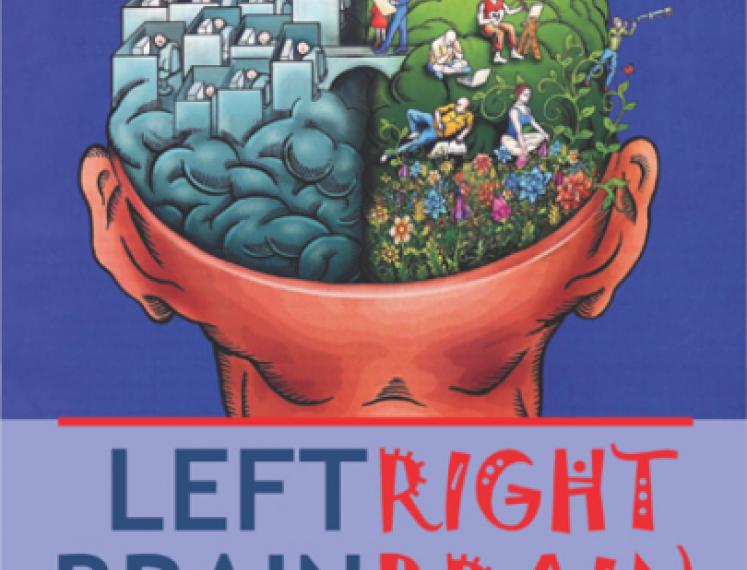Chemical Attraction
Humans have been regarded as ‘optical animals’ with a relatively undeveloped sense of smell. Recent studies however point out that our sense of smell has long been underestimated.
Pheromones, airborne odourless chemicals have been known to influence sexual activity, aggression, and territory marking. They have been found in many animals, but whether or not these chemicals affect, or even exist in humans, has been a subject for debate in the scientific community. Regardless, the importance of the human sense of smell has certainly been underestimated in the past. Humans have been regarded as primarily ‘optical animals’ with highly developed powers of vision but a relatively undeveloped sense of smell. Recent studies however indicate that humans indeed seem to use communication via smell and are even able to produce and perceive certain pheromones. Our perception of attractiveness is altered by the chemical signals the other sends out. Unconsciously, pheromones influence our sexual behaviour and help us choose compatible mates. Consequently this raises the question of how modern striving for cleanliness and odourlessness affects our everyday social lives and human reproductive success in the future.
Karl Grammer is the scientific and administrative director of the Ludwig Boltzmann Institute for Urban Ethology in Vienna and professor at the University of Vienna and the Technical University of Vienna. His scientific research focusses on: anonymity in the city, Darwinian aesthetics, human attraction, partner choice, communication, the digital image analysis of behaviour, and olfactory communication and its consequences.



